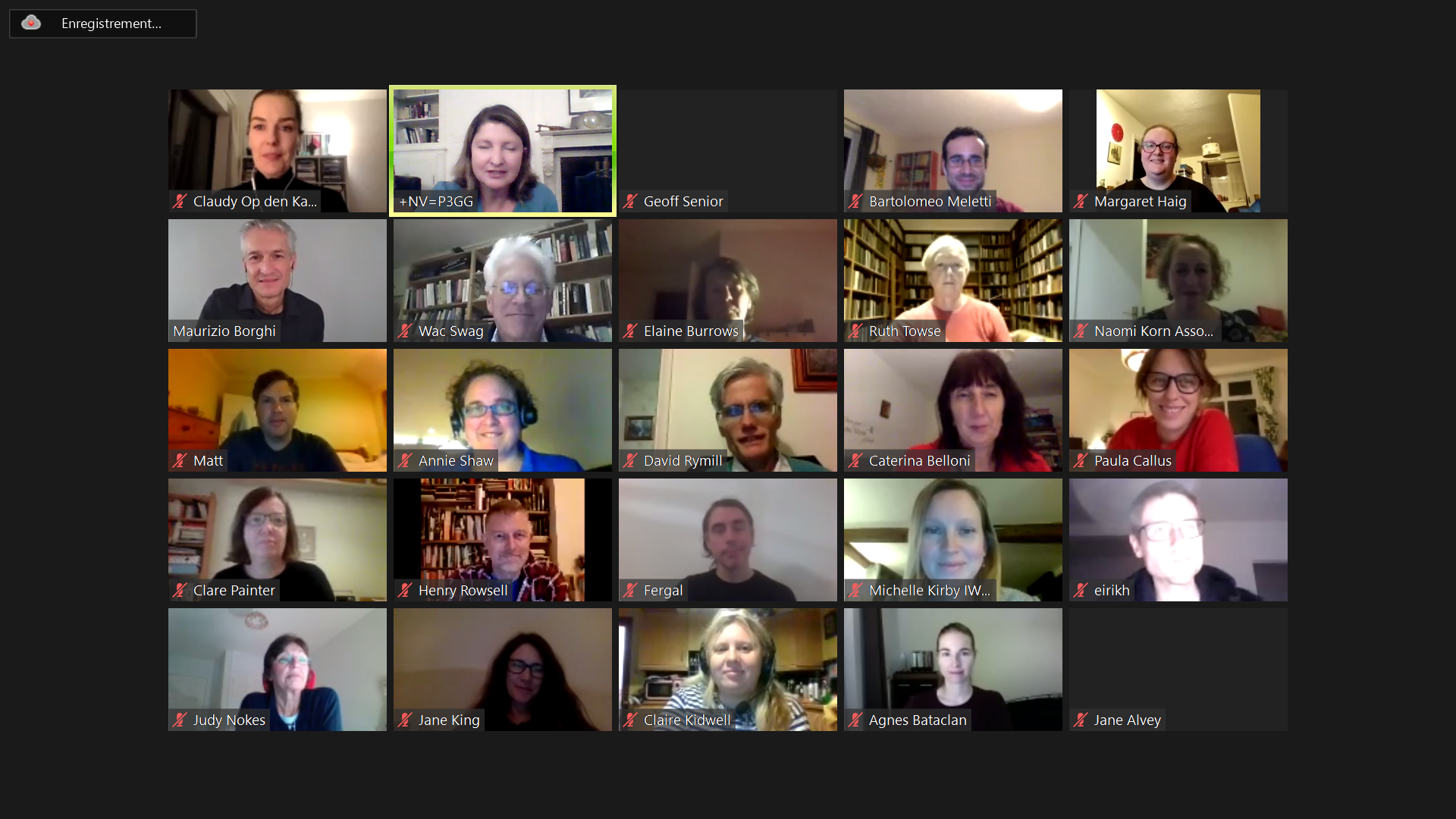
New Approaches to the Orphan Works Problem
June 23, 2017It’s not money that makes cinema, but ideas! In a video the key role of Orphan Works
October 21, 2020Dealing with Orphan Works: a study on best practices of Cultural Heritage Institutions
The Study on Current Best Practices among Cultural Heritage Institutions when Dealing with Copyright Orphan Works, released today by EnDOW researchers Victoria Stobo, Kris Erickson, Aura Bertoni and Flavia Guerrieri, provides a baseline understanding of current practice in relation to copyright, orphan works, diligent search and rights clearance. The results provide also a benchmark against which to evaluate crowdsourcing (and indeed any other proposal) to address the challenge posed by orphan works. Respondents at 15 CHIs across the United Kingdom, the Netherlands and Italy were interviewed, including the national library, the national archive and the national film archive. Qualitative and quantitative data was gathered about the institutions, their collections, their diligent search processes, the results rights clearance for specific digitization projects, their thoughts on the potential of crowd-sourcing as a solution, and their views on the current legislative framework.
The Study shows that:
There is wide variance in the level of readiness to engage with orphan works across the CHI sector
- Rights clearance remains expensive and ranges considerably depending on the nature of the work and the approach taken by the institution
- There is continued uncertainty regarding the scope of the Orphan Works Directive and the diligent search requirements
- Views on these uncertainties differ across institutions, suggesting that when interpretation of the legislation diverges, different institutions will implement the legislation in different ways, and best practices will diverge accordingly
- The decision to engage with the EU orphan works exception or, in the case of the UK, with the Orphan Works Licensing Scheme, was frequently expressed as an economic calculus.
To succeed, crowdsourcing must do two things: firstly, offer increased benefits to institutions beyond current practices, and secondly, avoid imposing unreasonable knowledge or integration costs on the institutions involved. Readiness to engage in crowdsourcing diligent search is influenced by these economic factors, but also partially by reputational concerns. Some respondents voiced scepticism that crowd-generated diligent searches would adequately withstand external scrutiny, and preferred to maintain control over decisions about orphan work status for that reason. However, other participants responded positively to the concept, suggesting potential volunteers, and emphasizing the positive aspects of rights research and the impact it can have in CHIs and on users.




